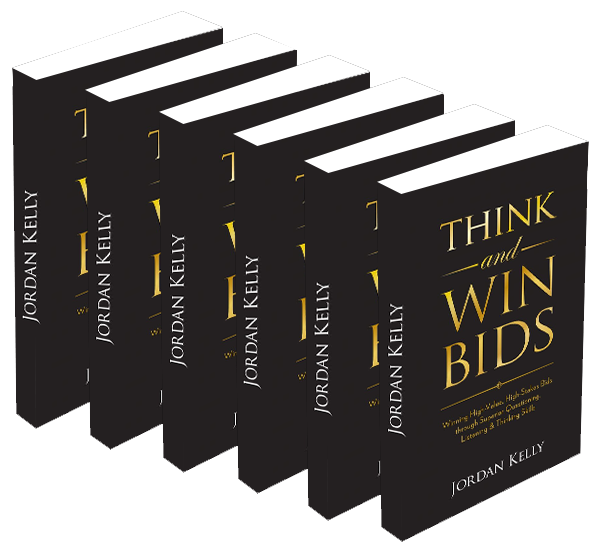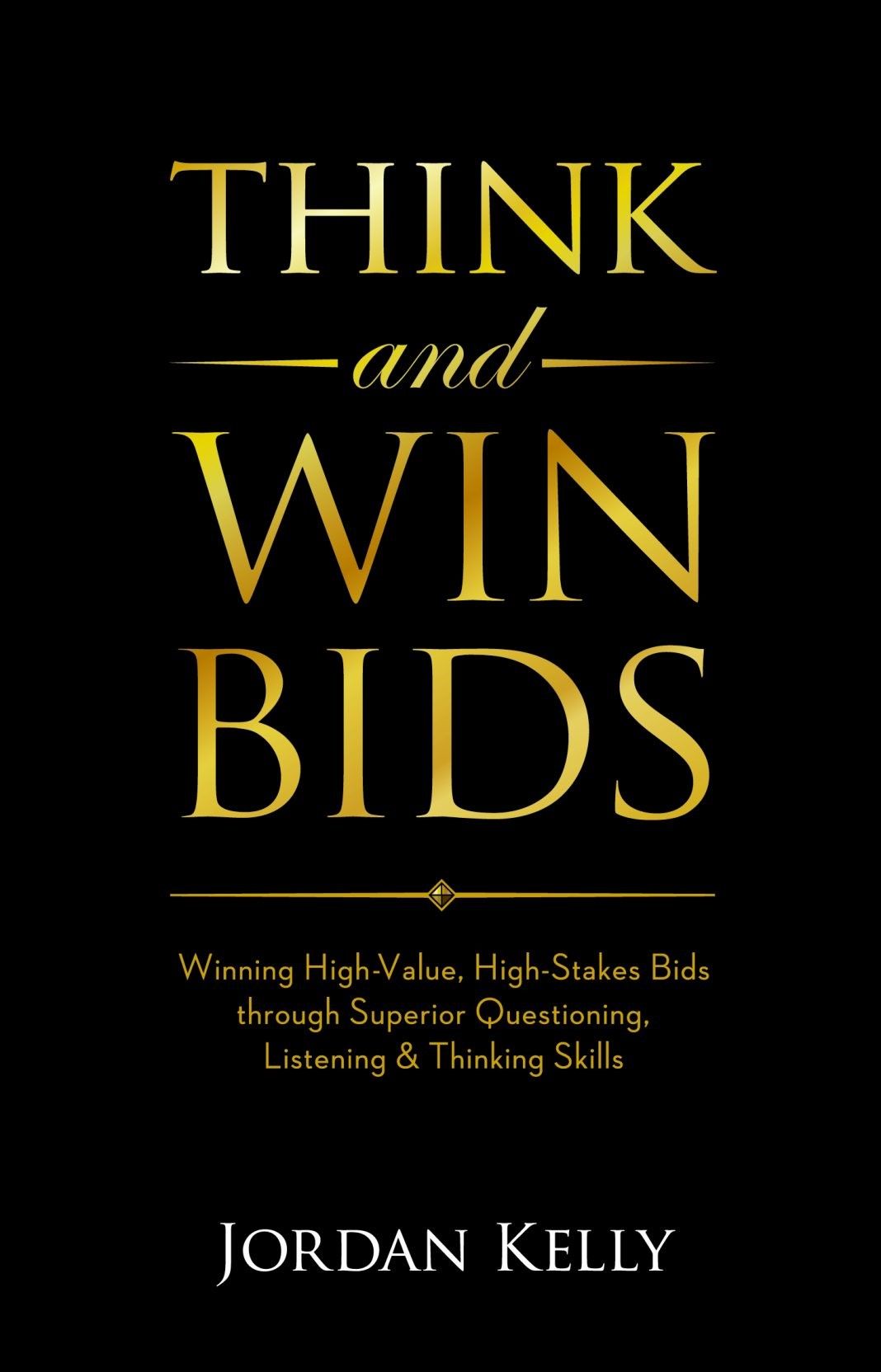CATEGORIES:

A BIG mistake I see corporations and their sales teams making at the point of entering into a bid, is doing so with an unrealistically positive perspective of the way in which their company and its product or service is viewed within the customer organisation.
Sometimes, this positive attitude crosses the line and becomes full-strength arrogance.
Conversely, assuming nothing and entering into both the process and all communications with the open-mindedness that results from humility is a far better way to lay the foundations for success. Couple that with being realistic in every facet of the potential deal.
My objective in this article is to draw your attention to – and show you how to avoid – the primary ways in which sales executives tend to shoot themselves in the foot when they bid for key accounts and contracts.
The Eternally Optimistic Sales Person
To a very large degree, the optimistic, “positive thinking” nature of most sales executives makes them their own worst enemies when it come to the process of developing bid strategy and producing EOI / RFP / RFT responses.
Sales is a tough business. And selling is a tough career. One of the most enduring fears of the human ego is rejection, and a salesperson gets lots of it – usually on a daily basis. A positive personality is a vital survival mechanism . . . which is probably precisely why the profession attracts people with a naturally optimistic outlook.
The problem is that, as a result of this disposition, his or her internal radar usually skips straight over anything negative (which, from this point on, shall be seen as critical clues in developing winning bid strategy) and blips only at signs of how much the customer loves them, their company and their product.
Because the sales force and their other team mates out in the trenches are the only feedback channel the company has in its continual quest to win and keep new customers or win new business from existing customers, a skewed perspective more often than not results.
This is, ultimately, far from helpful.
Arrogance is Thine Enemy
Let’s have a frank discussion about the distinction between “arrogance” and “confidence”.
Many BDs and sales executives dismiss arrogance (particularly arrogance within their own organisation) as confidence.
Blurring this distinction can be commercially lethal.
An arrogant attitude or persona on the part of a BD/salesperson, a sales team or (as is often the case) an entire organisation, projects any or all of the following messages to a customer:
- "We know what you want / need already."
- "We have little need to spend a lot of time listening to you or drilling deeply into your problems or issues."
- "We’ve dealt with lots of organisations just like yours."
- "It goes without saying that our product / service is the superior option. I’ll certainly be happy to elaborate on all the reasons why – but really . . . you should already know!"
- "It is unlikely we will ever have a conversation in which we / I demonstrate humility or disclose the fact that there’s anything we / I don’t already know."
In short, arrogance kills listening skills. And where there is no listening, there is no learning.
Where there is no learning, there is no way to determine the most meaningful way to differentiate your offering for the customer in question (the very heart of “bid strategy”). Without meaningful differentiation, you are a commodity. When you are a commodity, you compete on little else but price.
- Becoming genuinely customer centric: “How can we help you achieve your objectives?” versus “What can we push at you to meet our objectives?”
Out in the field, an overactive corporate ego and tendency to believe one’s own marketing material manifests itself in “telling”-oriented sales processes, as opposed to the far more productive and customer intelligence-based style of (genuine) “solution” selling.
It conveys the unspoken message of “What can we push at you?”, instead of the message you want to be conveying, which should be: “How can we help you?”
- Telling isn’t the most effective form of selling
Displays of arrogance in the pre-sales / “discovery” stage are bad enough, but when they make their way into a Request-for-Proposal response, a seller has a REAL problem. And unfortunately, they usually do make their way into the final bid.
Where an arrogant attitude has prevailed during the pre-sales process, very little “discovery” will have taken place, and so very little valuable information will have been gathered for use in the bid production process. So there’s a dearth of good customer-focused material to work with. And that’s why so many bids are full of shallow, seller-centric, promotional fluff.
It’s a vicious cycle.
The biggest problem of all is . . . those that most need to learn from a message like this, are the most likely to think it doesn’t apply to them! They will simply nod along with it . . . Indeed, all sales teams should be as confident in their humility as their own . . .
In this environment, sales and/or bid teams have the odds stacked against them in terms of taking a long, hard critical look at their own potential areas of weakness . . . a critical element when playing bid strategy defence. Guarding your flanks against the competitors is difficult when you believe you have no reason to do so.
A seller organisation starting out with the view that its product or service is naturally superior to anything its competition might offer is positioning itself for an inevitable fall. If not with this bid, then at some time in the (probably near) future.
The Disconnect between the Sales Department and the Marketing Department
The typical disconnect that exists between corporations' marketing departments and sales teams doesn’t help.
What it often does, in fact, is ensure that whatever critical feedback does come back from the sales team doesn’t make it up the line to those steering the ship. So the company’s senior-most decision-makers are then left with nothing other to believe than the organisation's own marketing collateral.
In too many instances, these senior executives - in the perceived absence of anything other than glowing praise of their brand - don’t bat an eyelid when their sales, marketing or bid teams produce an RFP response that demonstrates the blatant belief that their reputation alone is more than sufficient for any prospective customer or client organisation to want to do business with them.
Such arrogance seems ridiculous on paper - but let me assure you it exists, and I hear it all the time in one form or another.
There’s a strong feeling among many salesfolk that because their service or product has a generally good name out there in the marketplace and because their global parent spends millions each year in meticulously-researched “brand awareness” advertising campaigns that, all other factors being equal, their company’s reputation will ultimately win the day. That somehow, when the tender evaluators sit down to their task, their submission will automatically gravitate to the top of the pile.
Not to say that you can’t be proud or your product or service, or your brand, or your reputation.
But the chest-beating approach is well outdated as a method for winning critical accounts.
Consider this scene:
When (X government agency) puts out a tender for (X product), do tender evaluators sift through and pull out (big brand name)’s tender for preferential reading because (other big brand name) and (other big brand name) haven’t had the same ad budget in the last few quarters?
I can promise you that to seasoned bid evaluators, the big corporate chest-beat takes on an almost comical note. Consider how a whole pile of such submissions reads to a panel of tender evaluators.
Bidders tend to grossly underestimate the intelligence and savvy of tender evaluators today; particular Government tender evaluators. Professional evaluators have highly-trained BS-detectors that twitch wildly at the very scent of a tender full of brand bumph and corporate puffery.
So don’t let optimism – or worse still, corporate or brand arrogance – reduce your chances of winning important deals.
THINK AND WIN BIDS
Winning High-Value, High-Stakes Bids through Superior Questioning, Listening & Thinking Skills
(Book)
The three fundamental skills of a genuinely sharp, sustainably successful bid professional are the ability to think, listen and ask quality questions.
Furthermore, formulating successful business development and bid strategies is the process of well-directed research and thinking; not the product of tools and templates
THINK AND WIN BIDS
Winning High-Value, High-Stakes Bids through Superior Questioning, Listening & Thinking
Skills

(Six-Pack)
Ideal to ensure your entire team of writers and contributing subject matter experts are all on the same page, Think and Win Bids is offered as a six-pack (six books for the price of five).



